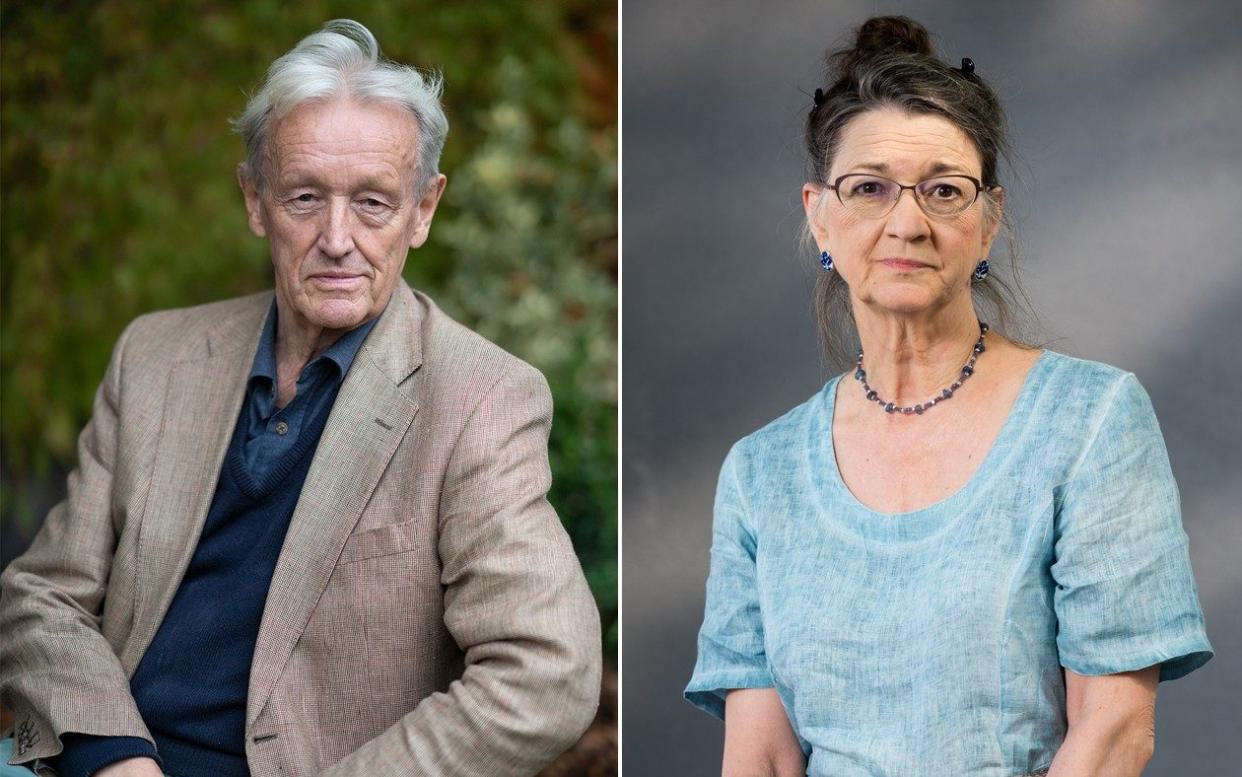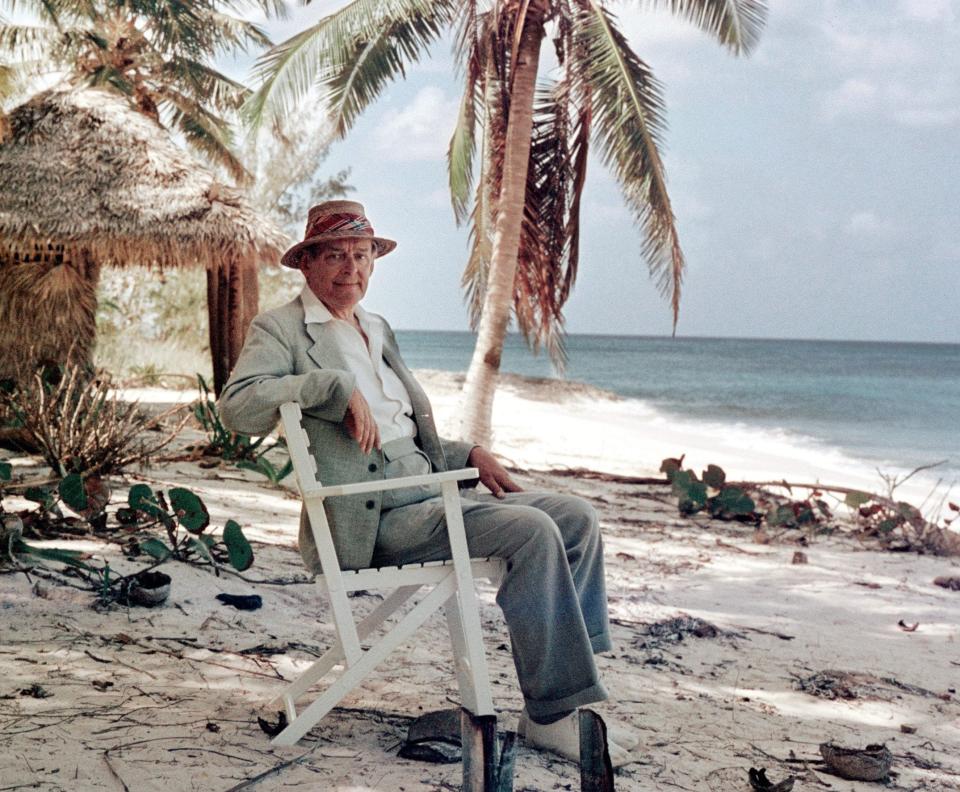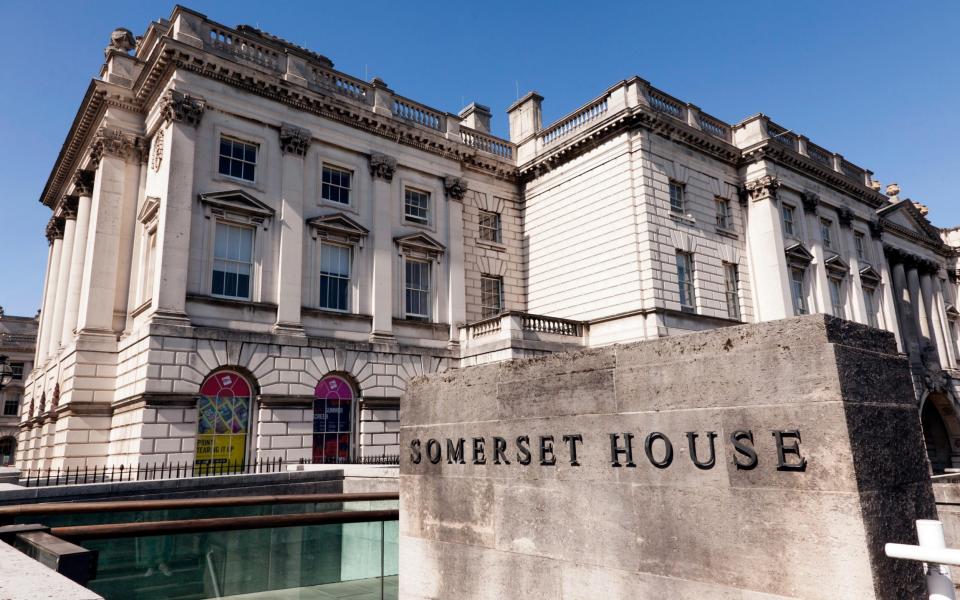Royal Society of Literature accused of diluting fellowship criteria in inclusivity bid

The Royal Society of Literature (RSL) has been accused of weakening its criteria for fellows in an attempt to become more inclusive.
The 200-year-old organisation, founded by George IV in 1820 to “reward literary merit and excite literary talent” and patronised by Queen Camilla, has been criticised for its management’s attempts to change its time-honoured fellowship system.
In a letter signed by former presidents Dame Marina Warner and Colin Thubron, seen by The Times, the learned society is accused of diluting its fellowship requirement of two works of “outstanding literary merit” for each nominee.
The letter states that there are “ongoing misgivings about some aspects of the RSL’s management” and signatories have renewed demands for an extraordinary general meeting.
It comes after the RSL, which boasts Henry James, W B Yeats, Thomas Harding and T S Eliot among its former members, faced controversy in 2020 when it stated its intention to allow the public to choose its fellows in a bid to become less “formidably elitist”.

Historically, fellows were elected by current fellows, and must be a writer who has published two works of literary merit – although in practice most new fellows have been several books into their career.
Nominations must be seconded by an RSL fellow, then they are presented to members of the RSL council who will vote to elect.
Writers have previously questioned the newer, more inclusionary approach, including Philip Hensher who said that some authors benefitting are “expensively educated and privileged [and] not very good”.
Another writer and poet, Don Paterson, asked Molly Rosenberg, the society’s director, whether she could explain “how some (often indisputably talented) writers who gained their fellowship [via the new scheme] apparently managed this without two works of ‘outstanding literary merit’”.
He added that one new fellow “seems to have published a single poetry pamphlet”.

Meanwhile, Gillian Tindall, the historian and novelist, wrote in a letter to The Times earlier this year that the changes to fellowships had “alienated a large number of distinguished fellows and risk destroying the society completely.”
This does not mark the first time the RSL’s fellowship process has been thrown into question as Piers Paul Read, the eminent biographer and novelist, famously resigned his fellowship in 2018 after the society launched a “40 Under 40” initiative to elect 40 writers aged under 40 as fellows.
Its governance also came under scrutiny when members accused it of silence following the attack on Sir Salman Rushdie after the prominent author was stabbed and almost killed on stage at a literary event in New York.
Unlike other organisations, the society took some days to respond to the incident, finally issuing a statement “sending strength” to Sir Salman and his family, with no comment on the rights or wrongs of physically attacking authors for what they have written.

It has also been accused of censorship over a refusal to publish an article in its magazine mentioning Israel’s actions amid the ongoing war in Gaza.
In a statement, the society told The Times: “The requirements for fellowship have not changed, nor will they, and the new fellowship election process is in keeping with our constitution. We’re undertaking an independent governance review after which, late this year, we anticipate taking on recommendations for new governance processes.”
“Our procedures are in keeping with our byelaws,” it added.

 Yahoo News
Yahoo News 
